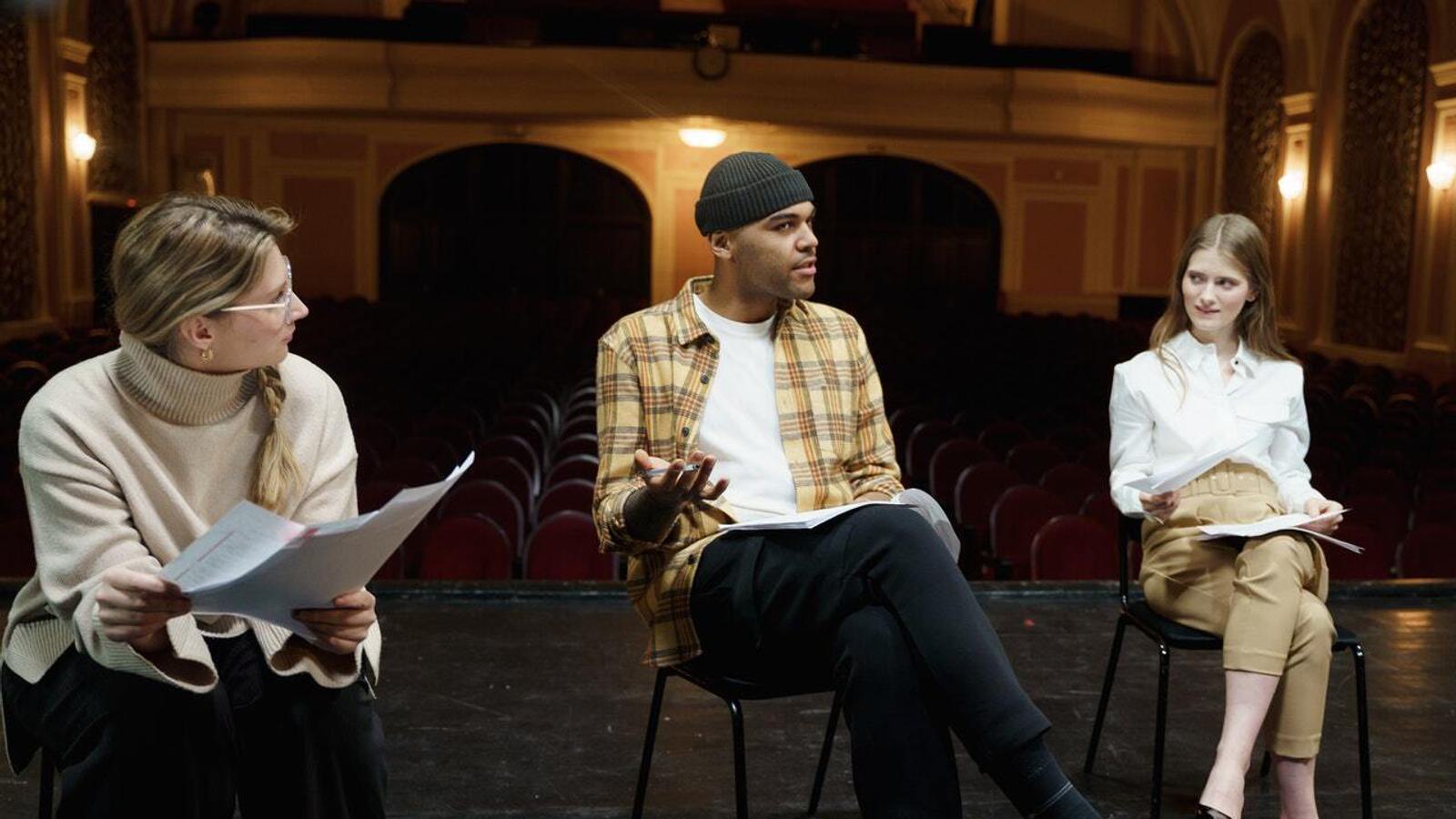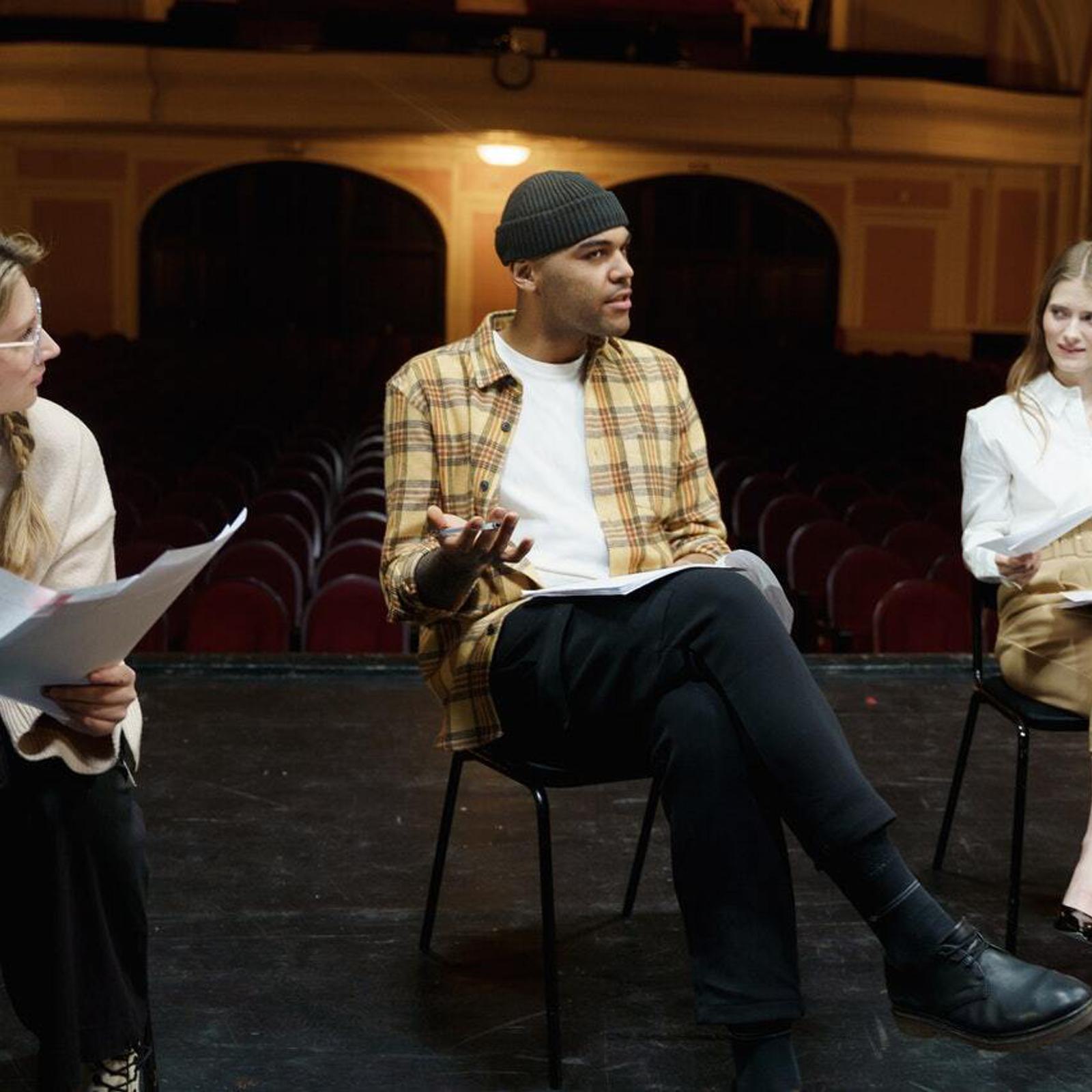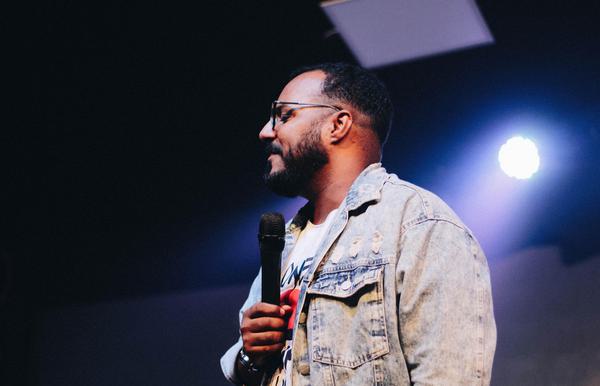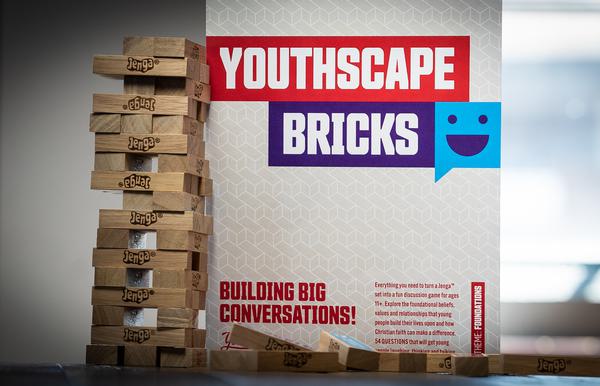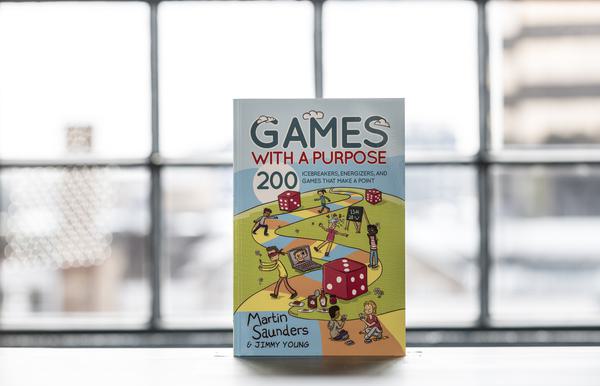For young people and adults, drama can be hilarious, profound, and uplifting. It’s also a great opportunity for mission and discipleship. Here’s why and how to get youth theatre going in your church or group.
When you think of ‘youth theatre’, you may imagine amateur productions of Oliver, graciously applauding kids singing horrendously out of tune, or the embarrassment you felt when you were forced to sing in your primary school show. Perhaps you’ve wondered which young people you know might go on to become the next Billy Elliott. But how many of us would see youth theatre as an opportunity for mission and discipleship? This is exactly the experience that I have found since going into ministry with young people, in a youth group in Colchester, and as a University Chaplain in Gloucester.
As a young person, I was determined that I was going to become an actor. I didn’t go to church, but attended a youth theatre group, along with 120 other young people (these numbers are not unusual). As well as learning my craft, this was the place where I made friends for life, gained my work ethic, and built my confidence.
It was also (partly) responsible for my faith formation because many of my friends within that group were Christians, and the strong sense of community enabled gentle and informal conversations about faith to happen. I could see their faith in action – how it impacted them as performers, but also as people. I saw enough to think “I want some of that”.
Since becoming a Christian and going into ministry ten years ago, I have used drama frequently, in schools, churches and universities. Here’s why I think drama works so well – perhaps you’d like to try it?
1. Missional community and discipleship
Theatre is a space where people of all ages and backgrounds can mix. You are only as strong as your weakest link, and so the interdependence and collective commitment is strong. This arguably models the body of Christ, where every part is unique but essential. This reality encourages strong bonds among the groups. It also creates a collective and creative learning experience, where those involved engage with the themes of the play collectively, while using their own skills to do so.
Many of our young people joined the youth group having taken part in one of our shows. For our most recent Nativity, we took the risk of having non-Christians (as well as Christians) involved in all areas of the production. The idea was that doing so would enable them to use their gifts to engage with the gospel (while also doing so in the context of Christian community. One of my favourite quotes was when someone said “if you’d told me a year ago that I would be spending my days sitting in a church writing songs about Jesus, I would have laughed.”
For those young people that were already Christians, it gave them a chance to grapple with the biblical story in a different way, by really focusing in on their character, putting themselves in their shoes. The girl playing Mary had to grapple with what it would have been like for someone her age to have had an ‘unplanned’ pregnancy, and how much faith she must have had. The boy playing Joseph had to think about the step of faith needed to trust Mary.
2. Emotional wellbeing
A much-celebrated director once told me that Christians should perform because it forces you to confront the things within yourself that feel uncomfortable. During the pandemic, a particular highlight has been the drama workshops I have run in school, where we used scripts written about the experience of young people during lockdown. In this case the aim was to use drama to indirectly explore the impact that social isolation had had on them. Quite often we would perform a scene and then the young people would say something like “this character is actually me!” And it would give permission for them to talk about their own experiences.
The key to these workshops was that they didn’t need a performance in front of an audience – just space for the ‘cast members’ to be able to get creative with the material, engaging by using their skills, and a culture of safety to be able to open up about what they found.

3. The audience
For the audience, it provides an opportunity to hear these themes presented in fresh ways – whether by opening up a conversation about well-being, an injustice in the world, or seeing the Christmas story presented in a fresh way.
Our nativities have always been our most successful events in terms of audience numbers. This is partly because it’s very easy for cast members to invite their non-Christian friends to something they are in. Shows can be an opportunity to show a vibrant and welcoming church that has a positive, life-giving role in the local community.
Crucially, at a time where divides between generations seem to be greater than ever, youth theatre can be a driving factor in changing perceptions of young people for older audiences, becoming a powerful vehicle to promote God’s vision of a reconciled world.
How to get theatre going with your young people
- Start small. Most recently our Christmas shows have been fully fledged musicals, but this wasn’t the case at the start. For the first few years they were half-hour plays with ten-page scripts, written by myself. Almost all of the costumes were clothes that the cast happened to have. The most important thing was that the cast had fun doing it, and that we used what we had to the best of our abilities. Over the years (as awareness has grown and people have seen how much fun it is) we were able to bring in a dance teacher, a band, and I was able to allocate more of my time to directing and writing. But it’s definitely better to start small and make it fun, than to be over ambitious and create a ton of stress.
- Think creatively. The great thing about theatre is that it can happen in pretty much any space. You may not have an auditorium, but you can still use a small room, a park, or even create some street theatre.
- Use your drama students. Particularly if they are at A-level, they may even be able to run a lot of the creative side for you. Drama students can perform, direct, or even write. Art students could be set designers. Theatre can be really empowering as, in the words of John Wimber, “Everyone gets to play”.
- If you don’t have time to write, there are some great (relatively cheap) resources out there. We have used youthplays.com, as an affordable way to buy licenses for ready-made, youth friendly scripts.
Joe Robbins is the Youth and Young Adults Worker at Plume Avenue Church, Colchester. Contact him at youthteam@plumeavenuechurch.org.uk



